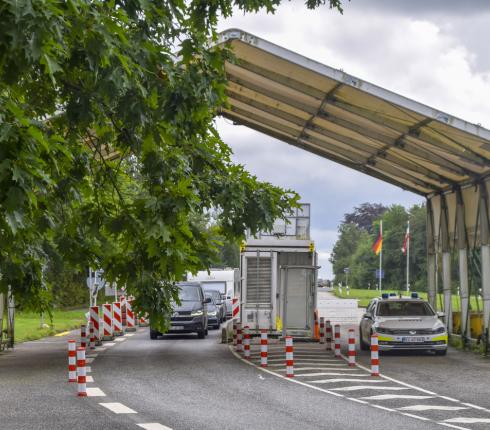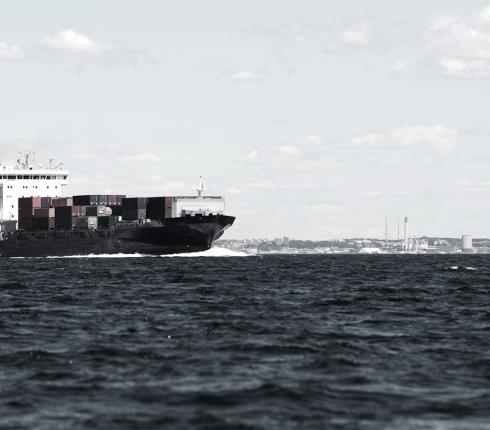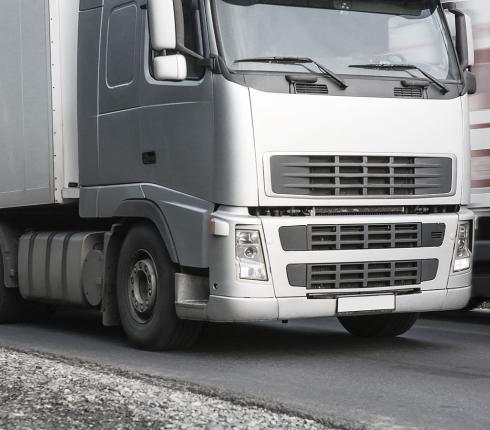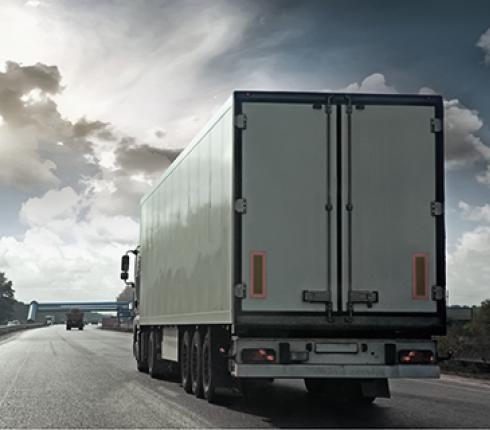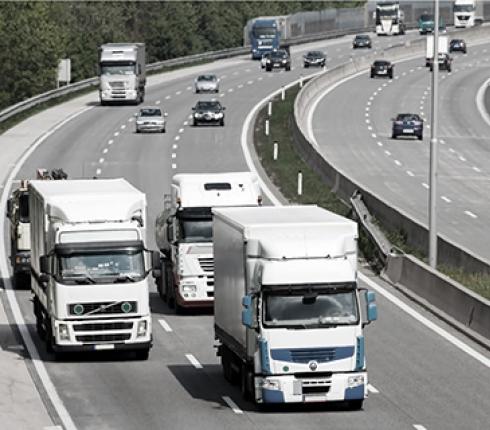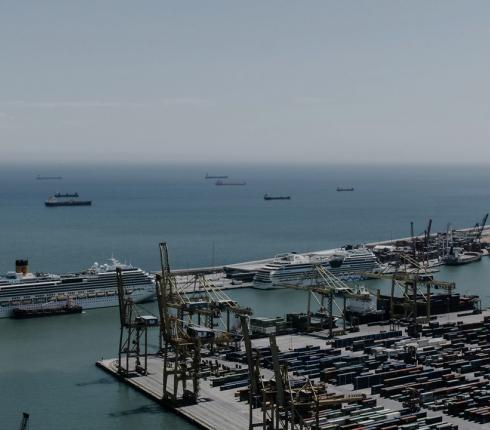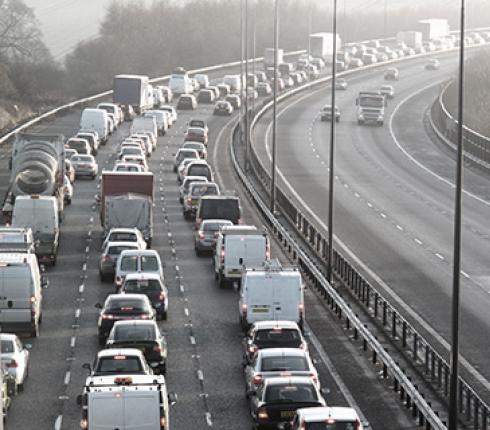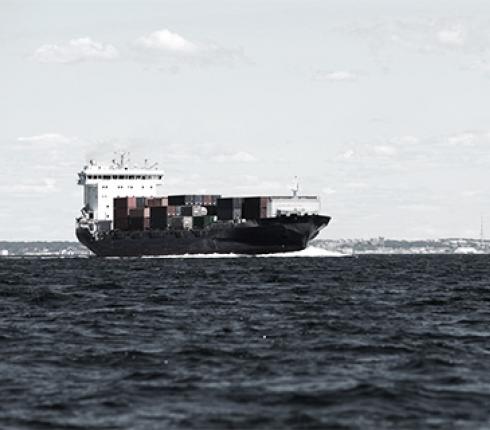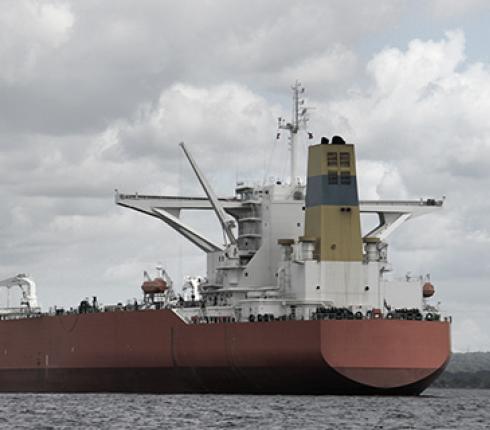EU's transport ministers agree on mobility package
Negotiations on the EU's new "Mobility Package" have been anticipated for quite a while. Finally, with the general recommendation of the Council on Tuesday, it appears to be clear which terms and conditions the European road transport industry is going to adapt to.
The general recommendation of the Council concerns the first part of the Mobility Package, which is primarily intended to improve the social conditions of drivers. This section proposes amendments to the rules on cabotage, driving and rest time and the highly controversial problem regarding the application of rules on the posting of workers in relation to drivers in the highly mobile transport sector.
Cabotage
The current model for cabotage is maintained. This means that foreign hauliers, also going forward, can carry out three national road transports (cabotage) within one country in seven days. In addition, a subsequent 5-day waiting period will be introduced where you cannot return and perform cabotage in the same country.
Posted drivers
As opposed to the legal situation today, the rules on posting of workers will also apply to drivers, but special posting rules that are specifically adapted to the nature of drivers' work will be introduced.
The challenge in relation to the application of the posting rules is that the drivers often work in many different countries. Therefore, it is difficult to conclude that the drivers' connection to a country other than where the drivers are employed is so significant that by virtue of the posting rules, they can rely on the social protection rules in this country. The Council finds that this issue must be resolved by making a distinction between the different tasks the drivers can undertake, broken down by the extent to which drivers are connected to other countries than the country where they are employed.
All types of cabotage will be subject to the new posting rules. In addition, the road part of a combined transport as well as non-bilateral international transports, where neither the place of departure nor the destination is the country where the driver is employed, will be considered posting.
Transit and bilateral transport, i.e. driving from or to the country where the driver is employed will not be subject to the posting rules. In connection with the performance of a bilateral transport, one additional loading/unloading will be possible each way or alternatively both loading and unloading on the return journey without putting the posting rules into effect.
Thus, the Council's recommendation provides clear guidelines for when transport will be considered posting. However, finding a sound and practical solution to the cooperation between transport companies and the authorities of the various member countries, remains a great challenge, as a haulier who has employed drivers to carry out international road transport to a large extent must be able to live up to and make sure that drivers' terms meet the standards that apply in the country or in the countries in which the driver is working.
Ban on regular weekly rest in the truck’s cabin
The Council has also agreed on a number of actions in relation to drivers' driving and rest periods, including maintaining the ban on drivers taking their regular weekly rest in the trucks’ cabin that the European Court of Justice established in December 2017. Read more about this judgment in light of the Danish 25-hour parking limit in our previous newsletter:
One of the main problems with current EU legislation in the road transport sector is that the rules are not interpreted the same way in all the Member States. This is a challenge for transport companies who by virtue of the rules on free movement under EU law are carrying out transport in other member countries than where the companies are established.
In order to facilitate the transport companies’ access to the internal market, the Council will ensure more uniform enforcement and supervision across the Member States, which will be achieved, inter alia, by demanding digitalisation and use of specific documentation and communication platforms.
NJORD Law Firm constantly stays updated on the rules for freight transport in the EU. Next step toward the final adoption of the Mobility Package is the vote of the European Parliament Committee on Transport scheduled to take place on 13 December 2018.


